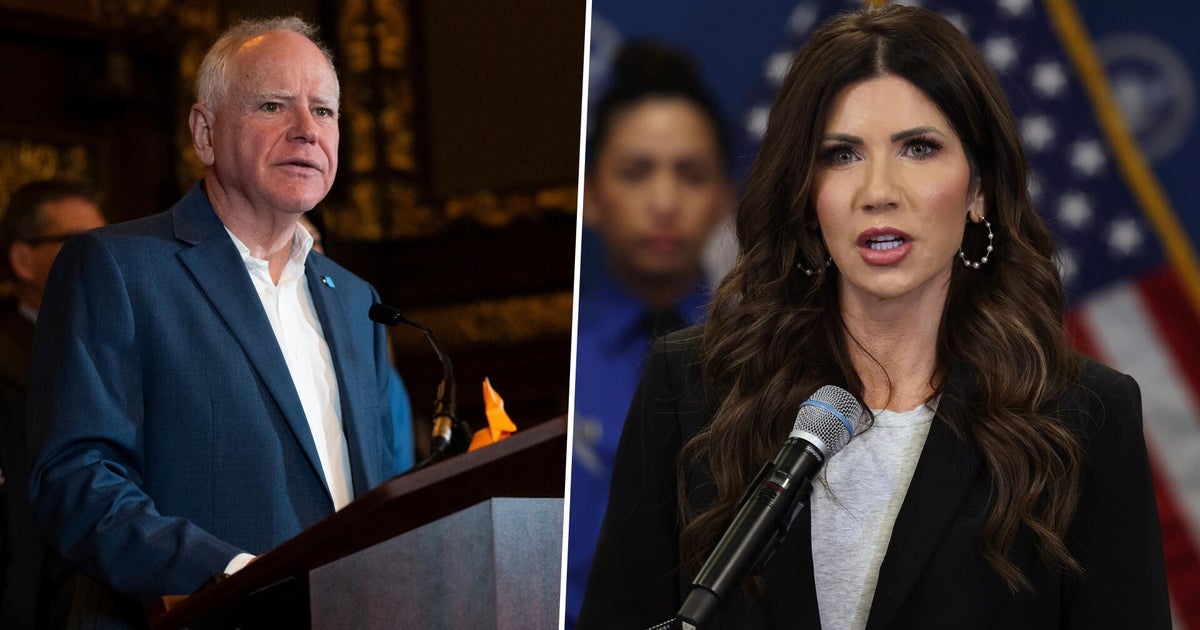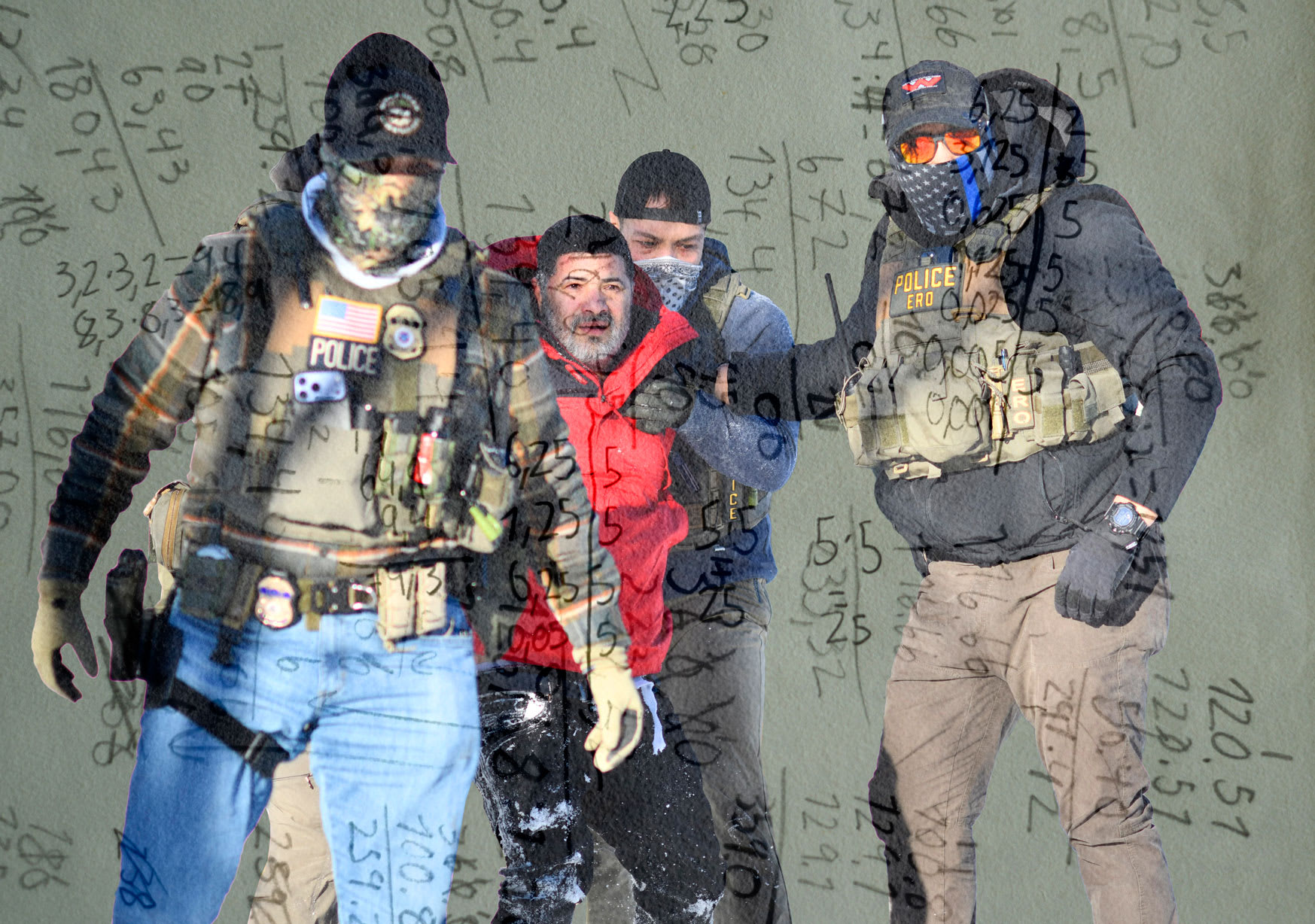Job growth crashed in December as COVID-19 surged
Hiring fell in December for the first time since April, as the coronavirus rampaged across the U.S. and restaurants and bars closed their doors.
Employers cut 140,000 jobs, the Labor Department said Friday. The unemployment rate stayed flat at 6.7%. Leisure and hospitality companies were the hardest hit, with the sector losing nearly half a million jobs last month. That drop was offset by hiring in professional and business services, retail and construction.
"The 140,000 drop in non-farm payrolls was entirely due to a massive plunge in leisure and hospitality employment, as bars and restaurants across the country have been forced to close in response to the surge in coronavirus infections," Michael Pearce of Capital Economics said in a note.
With the spreading virus limiting people's movement and consumer spending barely growing over the past few months, most public-facing businesses have little incentive to hire. The economy still has nearly 10 million fewer jobs than it did before the pandemic sent it into a deep recession nearly a year ago.
"Payrolls are still 9.8 million short of pre-crisis levels, leaving us in a deep economic hole, and today's report shows that we're digging ourselves deeper into the hole," Daniel Zhao, senior economist at the career site Glassdoor, said in a report.
In a hopeful sign for the economy, employment in sectors outside of leisure and hospitality and government rose strongly last month, Pearce noted. That suggests large swaths of the labor market remain resilient despite the coronavirus.
Still, the sharp disparities among industries are likely to exacerbate economic inequality given that most of the job losses are in lower-paid industries, while higher-paid workers have largely remained employed.
"We're seeing huge rotation here," Brian Bethune, an economist at Tufts University, told the Associated Press. "The higher-paying goods-producing industries are doing well. Unfortunately, the leisure and hospitality industries are still getting whacked."
Andrew Walcott, who owns the restaurant Fusion East in Brooklyn, New York, had rehired half of his 15-person staff in September, when his restaurant was allowed to fill to 25% capacity and had a brisk trade in takeout and delivery orders, Walcott told the AP. But with New York State again banning indoor dining since then, he was forced to furlough four workers the week before Christmas.
"It's really horrible," Walcott told the wire service. "You still got to pay rent, you still got to pay insurance, you still got to pay real estate taxes. You still have fixed bills every month."
Many economists, including policymakers at the Federal Reserve, think a broad recovery will take hold in the second half of the year once the COVID-19 vaccine is widely distributed. For now, delays in rolling out the vaccine could drag down growth longer than expected, analysts said.
This is a developing story. The Associated Press contributed reporting.



